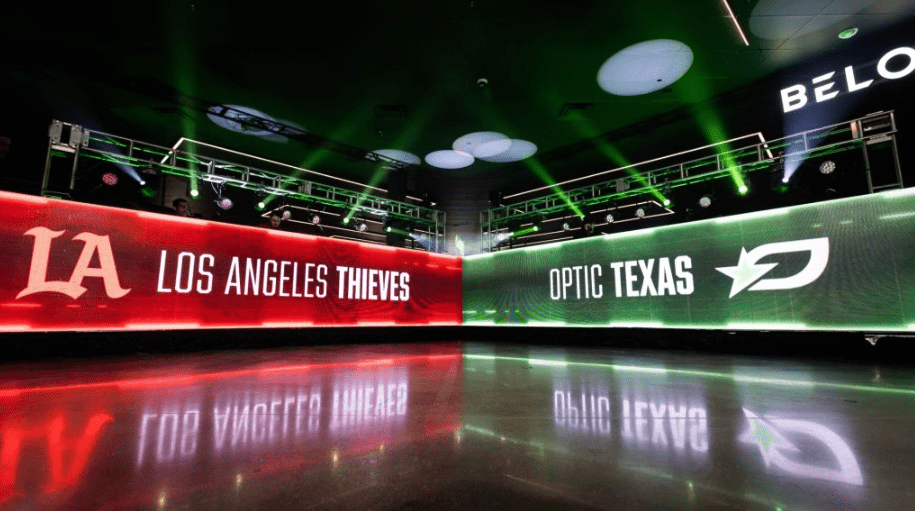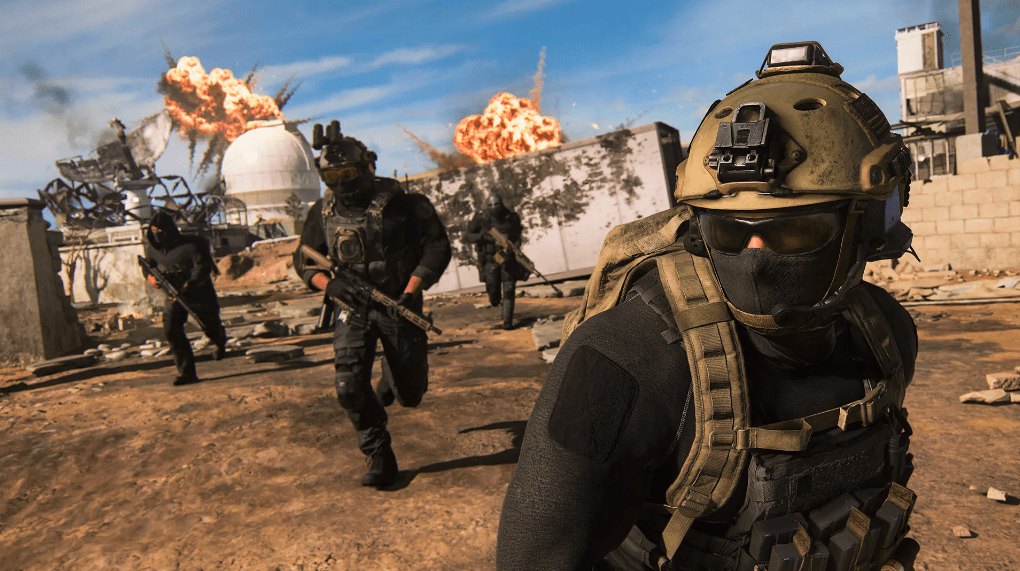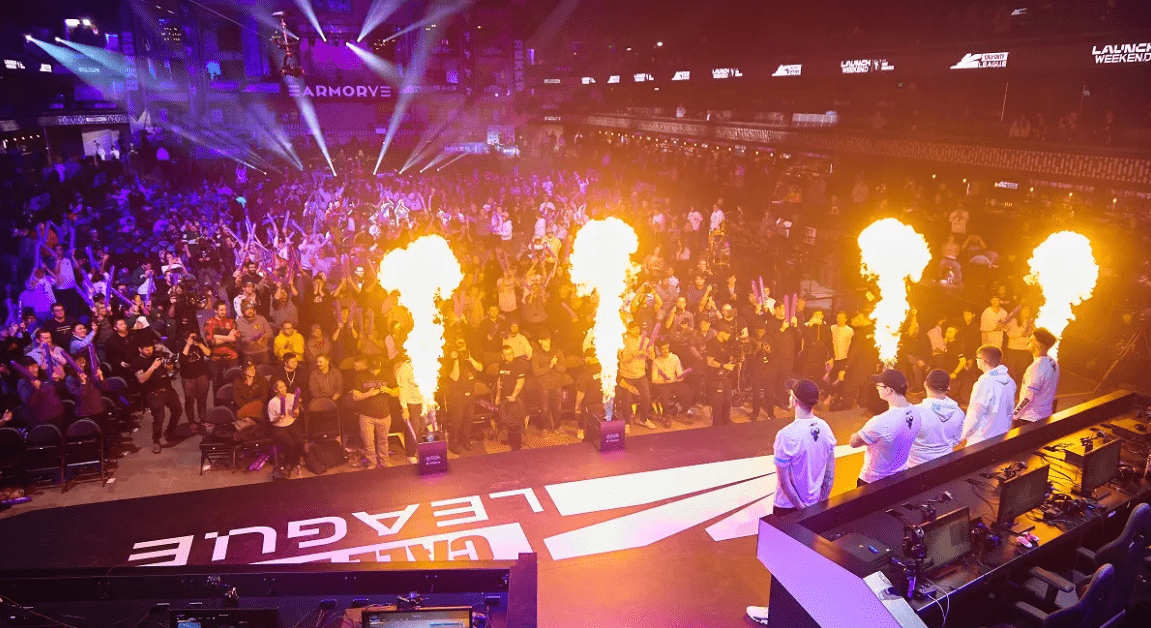H3CZ and Scump Initiate $680 Million Lawsuit Against Activision Blizzard Alleging Monopoly in ‘CoD League’

According to a report from Bloomberg Law, a lawsuit has been filed against Activision Blizzard, alleging the company’s involvement in “monopolistic, trade-restraining, and anti-competitive” practices that inflicted significant financial harm on Hector Rodriguez and his business endeavors. The lawsuit also claims that Activision Blizzard denied Rodriguez the opportunity to become the sole owner of a CDL team, among other grievances.
The lawsuit was officially filed on February 15th and quickly gained attention on social media platforms. It is said to be seeking damages exceeding $680 million (£540 million).
The lawsuit centers around several key issues, including Activision Blizzard’s acquisition of MLG, the streaming rights agreement between Activision Blizzard and YouTube, OpTic’s merger with Envy, and the challenges Rodriguez encountered in his pursuit to become the sole owner of OpTic in the Call of Duty League.
Table of Contents
Major League Gaming (MLG) in 2016, Activision secured a complete monopoly
The lawsuit claims that Activision has established a complete monopoly over the professional Call of Duty market by refusing to grant licenses to organizers and operators of other commercial Call of Duty competitions, following its acquisition of Major League Gaming (MLG) in 2016. According to the suit, teams have no choice but to pay fees and participate in the CDL under Activision’s terms if they wish to compete in Call of Duty.
Another aspect of the lawsuit focuses on the streaming rights deal between Activision and Google, owner of YouTube. It argues that Activision, after gaining its monopoly, granted exclusive rights to Google for the CDL, even though it would have been more financially beneficial for players and teams if the CoD League had been broadcasted by multiple networks or on Twitch.
One particularly notable claim in the lawsuit is that Rodriguez, the owner of OpTic Gaming, was forced by Activision to merge with Envy. Rodriguez and his team assert that he was not allowed to retain sole ownership of OpTic and was compelled to partner with a group of investors to keep OpTic in the CDL. The lawsuit alleges that Activision’s actions resulted in Rodriguez granting a 92.5% ownership share in OpTic to the billionaire investors’ company, Envy Gaming, Inc.
Rodriguez claims he would have managed his own team in the league and would never have partnered with Envy
Rodriguez contends that he would have operated his own team in the league instead of partnering with Envy if Activision had given him the opportunity. However, he claims that he had no choice but to join forces with investors approved by Activision. Interestingly, the lawsuit alleges that an Activision executive informed Rodriguez that he did not fit the desired profile of a league owner and needed partners who aligned with Activision’s vision or else he should exit the Call of Duty market.
In response to the lawsuit, Activision issued a statement to the media expressing disappointment that Mr. Rodriguez (also known as OpTic H3CZ) and Mr. Abner (also known as Scump) filed the meritless litigation after demanding tens of millions of dollars from the company. Activision strongly denies the claims, asserting that they lack any factual or legal basis. The company emphasizes the disruption caused to team owners, players, fans, and partners who have dedicated significant time and energy to the success of the Call of Duty League.
The outcome of this multi-million-dollar lawsuit and the possibility of other team owners voicing similar concerns about the Call of Duty League remains uncertain.




